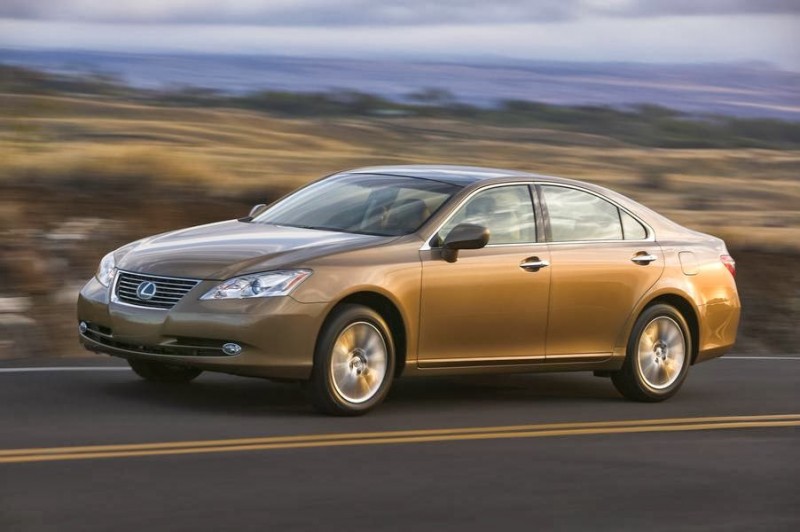
When it comes to buying a used car, it's important to proceed with caution and make an informed decision. While used cars can offer great value and savings, there are several key factors you need to consider before making a purchase. In this article, we'll delve into the five crucial aspects that should be on your radar when contemplating a used car purchase.
1. Vehicle History and Maintenance Records
Before sealing the deal on a used car, delve into its history. Request the vehicle's VIN (Vehicle Identification Number) and use it to obtain a comprehensive history report. This report will provide insights into the car's accident history, ownership records, and whether it has been involved in any major incidents. Furthermore, ask for maintenance records to ensure that the car has been regularly serviced and well-maintained.
2. Mechanical Inspection
It's advisable to have a qualified mechanic inspect the used car thoroughly. An expert eye can identify hidden issues that might not be apparent to the untrained eye. Mechanical inspections can uncover potential problems with the engine, transmission, suspension, and other critical components. This step helps you avoid unexpected and costly repairs down the road.
3. Mileage and Wear
A used car's mileage can provide insights into its overall wear and tear. Lower mileage generally indicates less use, but it's also essential to consider the type of driving the car has undergone. A well-maintained car with slightly higher mileage from highway driving might be in better condition than a low-mileage car that's been driven mostly in stop-and-go traffic.
4. Ownership Costs and Depreciation
While used cars are often more affordable upfront, it's crucial to factor in ownership costs. Research the car's fuel efficiency, insurance costs, and maintenance expenses to ensure they align with your budget. Additionally, consider how the car's value will depreciate over time. Certain makes and models hold their value better than others, which can impact your resale value if you decide to sell the car in the future.
5. Vehicle Identification Number (VIN) Check
Perform a VIN check through reliable sources to verify the car's legitimacy and ensure it's not stolen or salvaged. This step provides an added layer of security and ensures you're not unknowingly purchasing a vehicle with a questionable history.
In conclusion, purchasing a used car can be a practical and cost-effective choice, but it requires careful consideration. By paying attention to the vehicle's history, getting a thorough mechanical inspection, evaluating mileage and wear, estimating ownership costs, and performing a VIN check, you can make an informed decision that aligns with your needs and budget.
Rivian raises production manual for its new enhanced EV for 2023
Lexus Introduces 2024 RX 450h+: Unveiling a Luxurious Plug-In Hybrid SUV
Ducati Unveils Diavel V4 in India, Enlists Ranveer Singh as Brand Ambassado